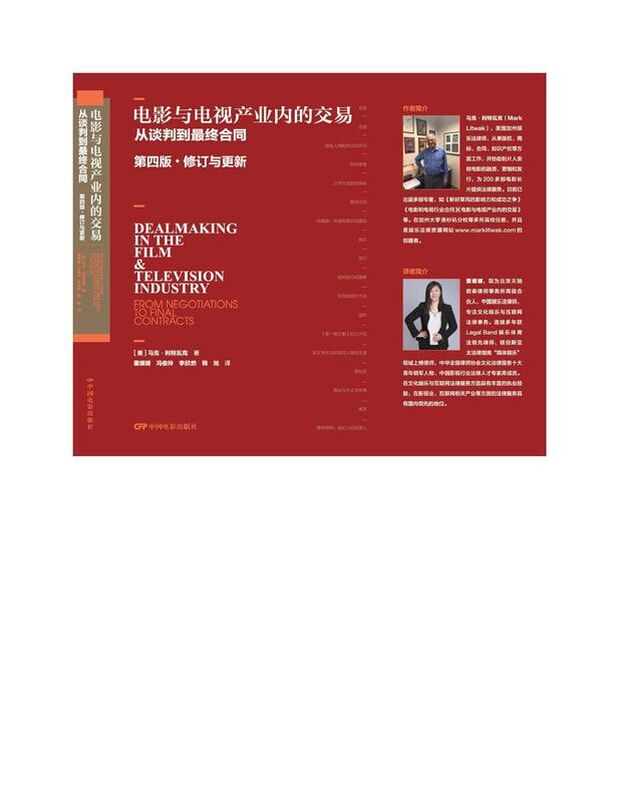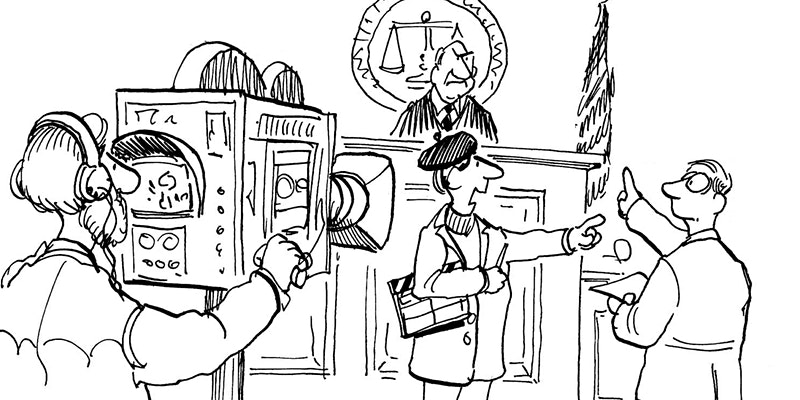Johansson is claiming that Disney, caused Marvel, its subsidiary, to breach its contract with her. However, her contract stated “if Producer in its sole discretion determines to release the Picture, then such release shall be a wide theatrical release of the Picture (i.e. no less than 1500 screens).” But nowhere in the agreement does it state that Disney cannot simultaneously stream the movie.
Johansson’s attorneys argue that a theatrical release means an exclusive initial release in theaters before being exhibited on other media. And while it has been customary for theatrical pictures to give exhibitors an initial exclusive theatrical window first, followed by a home video release at least 90 days later, there is nothing in the agreement that specifically says the movie has to be released exclusively in theaters first.
As a result of the COVID-19 pandemic, theaters were shut down, and a lot of films slated for theatrical release had to be held over or released digitally for viewing at home. Black Widow was initially scheduled to be released on May 1, 2020. The release was pushed back several times because of the Covid pandemic.
Walt Disney issued a statement responding to Johansson’s lawsuit: “There is no merit whatsoever to this filing. The lawsuit is especially sad and distressing in its callous disregard for the horrific and prolonged global effects of the COVID-19 pandemic. Disney has fully complied with Ms. Johansson’s contract and furthermore, the release of Black Widow on Disney+ with Premier Access has significantly enhanced her ability to earn additional compensation on top of the $20M she has received to date.”
“Black Widow,” grossed more than $318 million worldwide since opening in theaters and on Disney+. But it experienced a steep box-office drop between its first and second weekends. According to the National Association of Theater Owners, this reduction in box office was because the film was available on Disney+, where it could be rented for $29.99.
Read Lawsuit




